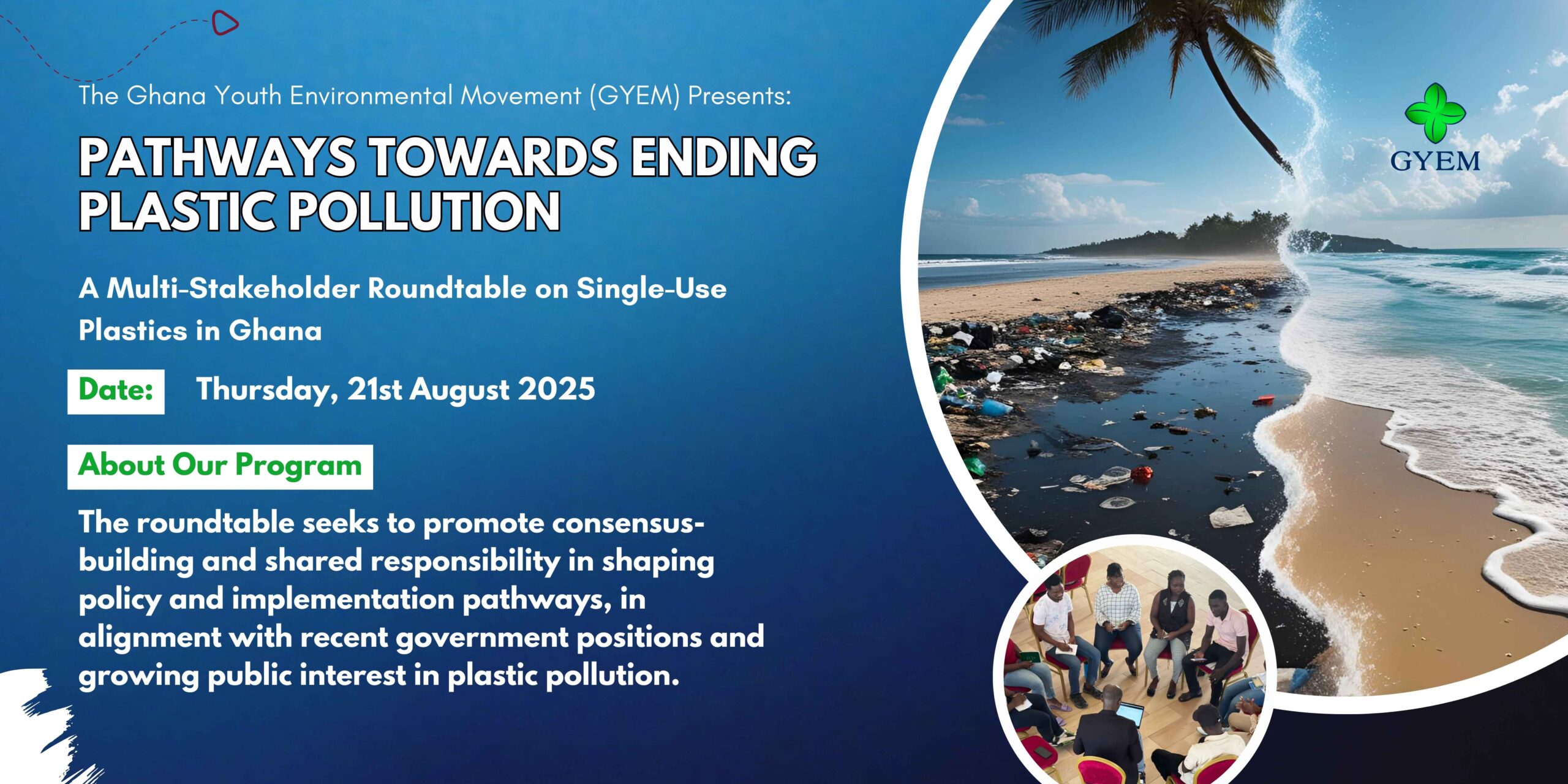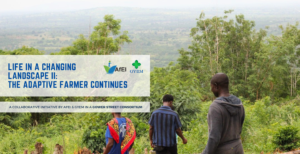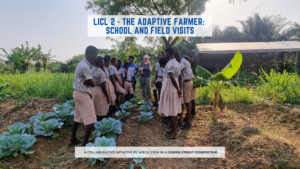Plastic pollution is one of the most pressing environmental challenges facing Ghana and the world today. Recent statements made by key government officials have signaled a growing political will to introduce restrictions or a gradual ban on single-use plastics (SUPs). Hence, there is a need for an inclusive dialogue among stakeholders to shape a future that protects public health and the environment while also supporting innovation, livelihoods, and economic resilience.
The Ghana Youth Environmental Movement (GYEM), a youth-led organization dedicated to environmental sustainability have been leading public awareness and advocacy efforts on the harmful impacts of SUPs. However, sustainable change can only be achieved through dialogue, collaboration, and mutual understanding among all stakeholders, including industry players, government agencies, civil society, academia, and the media.
Objective:
To convene a non-adversarial, solutions-driven roundtable discussion that brings together key stakeholders to explore practical ways toward reducing and eventually phasing out single-use plastics in Ghana, in alignment with recent government positions.
Specific Objectives:
- To provide a platform for plastics producers, civil society, government agencies, and other stakeholders to openly share perspectives and concerns on the proposed phase-out of SUPs.
- To promote a spirit of consensus-building and shared responsibility among stakeholders in shaping Ghana’s plastic policy landscape.
Target Participants:
- Representatives of plastic manufacturing and packaging companies
- Ministry of Environment, Science, Technology, and Innovation (MESTI)
- Environmental Protection Agency (EPA)
- Academia and researchers in sustainability and the circular economy
- Civil society organisations (CSOs) working on waste management, ocean health, public health, and youth engagement
- Media Houses
- Legislators
- Youth-led groups and community leaders
- Market women and Consumers
Approach:
This roundtable is designed as a space for open dialogue and not debate. Stakeholders will be invited to share their current efforts, challenges, and recommendations. The session will include presentations and moderated discussions to deepen engagement.
Expected Outcomes:
- Improved mutual understanding between CSOs, the government, and plastic producers on the SUP issue
- A list of shared priorities and concerns related to the ban or phase-out process
- Commitments from stakeholders to engage in further dialogue, co-develop solutions, or support public awareness




